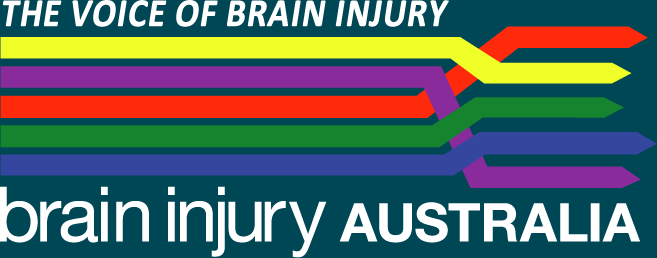Enablers to recovery
Enablers to recovery
Realistic time frames for recovery
Having realistic timeframes for recovery, which allowed participants to think positively about the future and acknowledge positive, incremental changes that were taking place,
Accepting new limitations and identifying strategies that work for me
Accepting new limitations and identifying strategies that work for me, often with specialist input to support and monitor such strategies,
Experiencing recognition and encouragement from others about the significant impact of the injury,
Experiencing recognition and encouragement from others about the significant impact of the injury,
Connecting with others, particularly others who had been through a similar experience
Connecting with others, particularly others who had been through a similar experience, in order to feel less ‘alone’, share strategies, and maintain a sense of hope, and
Feeling and being useful
Feeling and being useful – even where participants were not able to return to their previous, identifying and engaging in alternative meaningful activities was important in maintaining a positive and productive sense of self.
What people say
“He said, “12 to 18 months,” and that was difficult information to absorb but it was very helpful to have specific information… It was helpful because it let me start to adapt my mind to that… [to acknowledge] that something really had happened and it was going to be a longer process.”
“Another client and I chatted and enjoyed each other’s company. It’s a different quality sharing your story with another patient as compared to a therapist or general person. The feelings are easier to understand and there’s also a feeling of mutual support, of having something to give, not only to take, needing help.”
“It’s made me appreciate [my partner] a lot more. He was hugely supportive.”
“All my friends and my family were there for me... I had a lot of support and I was very lucky.”
“It helped that everyone was positive about the prognosis. There was light at the end of the tunnel, we just had to go through the tunnel.”
Eighteen Experiences
While participants identified that there were a range of factors that hindered their recovery, they also described factors which had supported a positive recovery. These included:
- Having realistic timeframes for recovery, which allowed participants to think positively about the future and acknowledge positive, incremental changes that were taking place,
- Accepting new limitations and identifying strategies that work for me, often with specialist input to support and monitor such strategies,
- Experiencing recognition and encouragement from others about the significant impact of the injury,
- Connecting with others, particularly others who had been through a similar experience, in order to feel less ‘alone’, share strategies, and maintain a sense of hope, and
- Feeling and being useful – even where participants were not able to return to their previous, identifying and engaging in alternative meaningful activities was important in maintaining a positive and productive sense of self.
